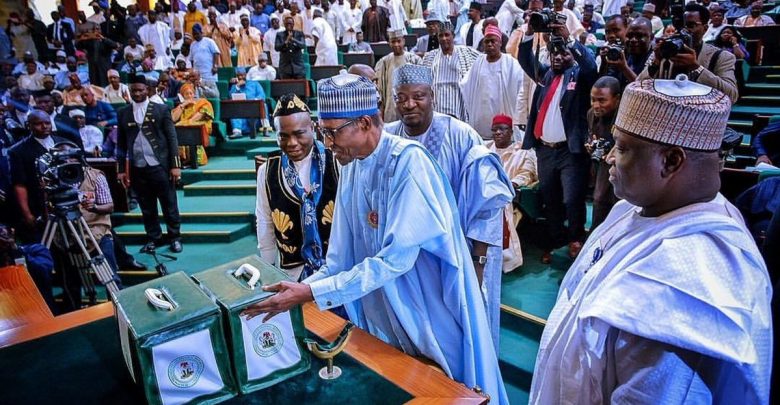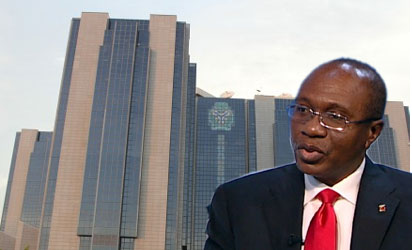For the delays associated with the presentation and passage of the 2018 budget, a former Managing Director of Unity Bank Plc, Mr. Rislanudeen Mohammed, has argued that the Federal Government might not be able to fully implement the capital component of the budget.
In an interview on his views following the passage of the budget by the National Assembly on Wednesday, he noted that “What they can implement with the delayed budget is about 40 per or 50 per cent of capital votes, and this is not good for the economy, because it is the capital projects that will have direct effect on the livelihood of Nigerians. Politics has overtaken economics.”
He said while the overhead, personnel and debt service components would be fully implemented, the timing of the budget passage would not make it effective for the capital votes to be so implemented.
According to him, “The government cannot implement the budget effectively. What will happen is that the recurrent expenditure will be fully implemented, the statutory transfers will also be fully implemented, but the capital expenditure will suffer because there will be no time”.
He argued further that any national or state budget that fail to take effect from the first week of very year it stands for will always have issues in smooth deliveries in the capital votes segment.
Business Hilights recalls that President Muhammadu Buhari had on November 7, 2017 submitted a proposal of N8.612tn for the 2018 fiscal year, but National Assembly on Wednesday, passed higher N9.12tn as the budget, increasing it by N508bn after about six months of stay at the chambers.
However, the additional N508bn to the budget size was reflected in the sectoral allocations to government’s Ministries, Departments and Agencies.
Details show that the Federal Government will spend N2.2tn to service debts, with N1.75tn to be spent on domestic debts, and N254.07bn on foreign debt service, while the sum of N190bn is appropriated as “sinking fund for retiring maturing debs.”
In 2017, debt servicing gulped N2.014tn. The crude oil benchmark price for the budget also changed from $45 proposed by the Executive to $51.
Just as the original executive estimates on recurrent expenditure was captured as N3.494tn, on Wednesday, the legislators approved N3.515tn as recurrent expenditure. Similarly, the development fund for capital expenditure was raised to N2.869tn from N2.652tn.
The provision for statutory transfers also rose to N530.421bn from N456bn.









